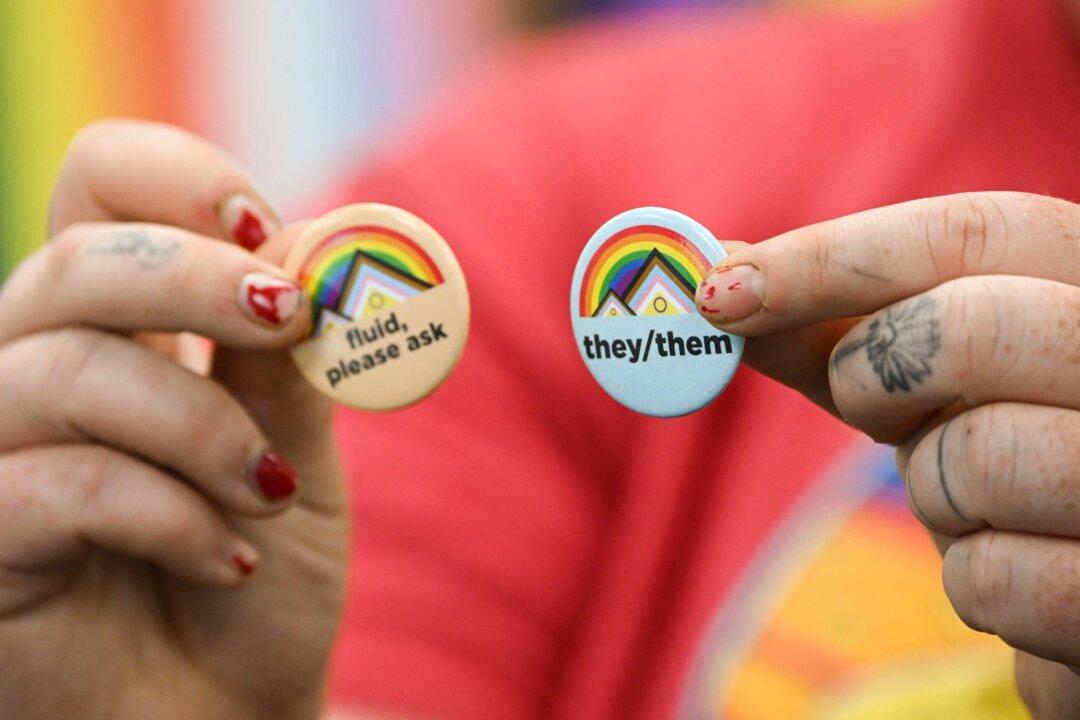Commentary
In 2016, Jordan B. Peterson, a somewhat obscure psychologist from Canada, made headlines for refusing to participate in the gender pronoun charade. He argued, reasonably and persuasively, that terms like “gender identity” and “gender expression” were far too broad. Moreover, he suggested, the “propositions of radical social constructionists” were (and still are) being used to coerce people into using language they weren’t comfortable using.





